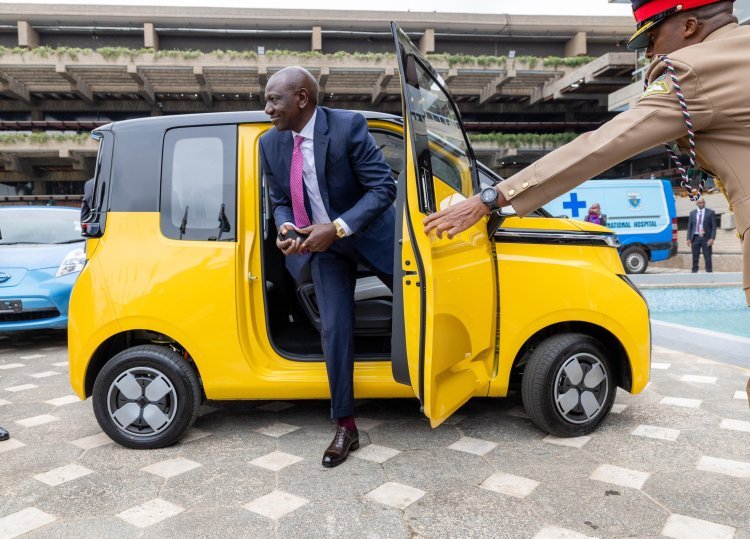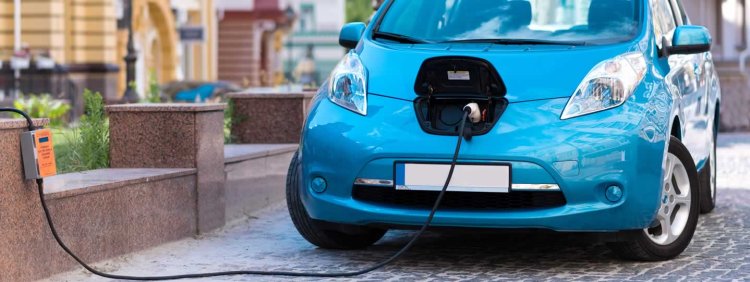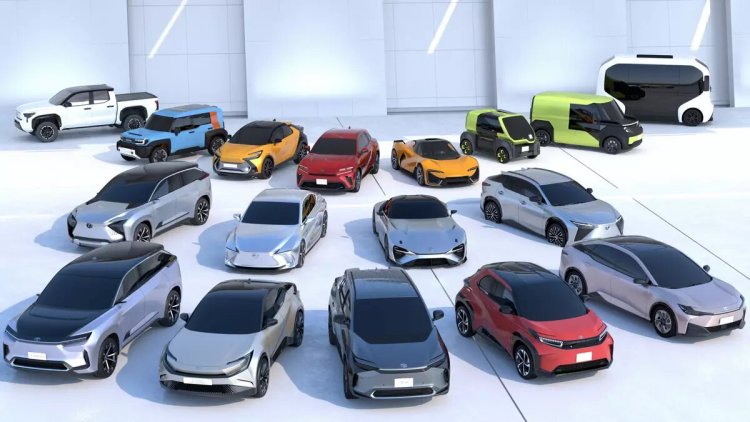Govt Directs Kenyan Importers To Have Electric Cars Charged Before Entry
The directive comes amidst an anticipated uptake in electric motor vehicles as an alternative to their Diesel and Petrol counterparts amidst the high cost of fuel in the country.

The Kenya Bureau of Standards (KEBS) has tasked all second-hand electric car importers to ensure that the vehicles are charged before being allowed into the country.
In a notice issued on Monday, February 19, KEBS directed this category of importers to ensure that the vehicles have a battery life of not less than 80 per cent before they can be cleared to be imported into the territory of the Republic of Kenya.
"Pursuant to the provisions of Legal Notice No.78 of 28th April 2020; the Verification of Conformity to Kenya Standards of Imports Order, we wish to notify all importers of used/secondhand electric motor vehicles that all used/Secondhand electric motor vehicles must have battery life not less than 80% to be allowed for importation into the country," the notice read in part.

An electric car being charged at a charging station. /KENYAN WALLSTREET
In addition, the used electric motor vehicles from six countries; Japan, United Arab Emirates (UAE), Thailand, Singapore, South Africa and the United Kingdom (UK) will be subject to mandatory pre-inspection.
This will be done by Quality Inspection Services Inc. (QISJ) which is the KEBS-appointed inspection agent for motor vehicles.
The directive comes amidst an anticipated uptake in electric motor vehicles as an alternative to their Diesel and Petrol counterparts amidst the high cost of fuel in the country.
President William Ruto has been particularly championing the adoption of electric vehicles in the country, particularly amongst the matatu sector whereby he urged operators to embrace the new technology to keep their businesses afloat by avoiding the high cost of operations as a result of uncertainties in global fuel prices.
The electric vehicle system is also set to cut down on the emissions of gases considered toxic to the atmosphere and mitigate the effects of climate change, part of his economic transformation and climate action agenda ever since he rose to power.
With Kenya’s 90 per cent renewable electricity, electric vehicles will mitigate approximately 2,000 tonnes of CO2 emissions over their life, while reducing Kenya’s demand for imported fuel every year.
To demonstrate Ruto's push for electric vehicles, he drove one worth Ksh1.7 million from State House to the Kenyatta International Convention Centre (KICC) during the Africa Climate Summit in September 2023 flanked by three electric cars and electric motorbikes, a departure from the usual security protocol which sees him flanked by no less than 10 cars and five security motorcycles.
In a deal he struck on Wednesday, February 7 with Japan's Toyota Tsusho Corporation, the trading arm of the Toyota Group, it was agreed that the company would support President Ruto's plan to increase electric vehicle uptake in the country.
Toyota has been manufacturing hydrogen-powered cars since 2014, using fuel cell technology, and the move would see the promotion of Hydrogen Electric Vehicles in line with Kenya's push to attract firms that have already adopted the new technology to cement its bid to transition into renewable energy.


 admin
admin 




